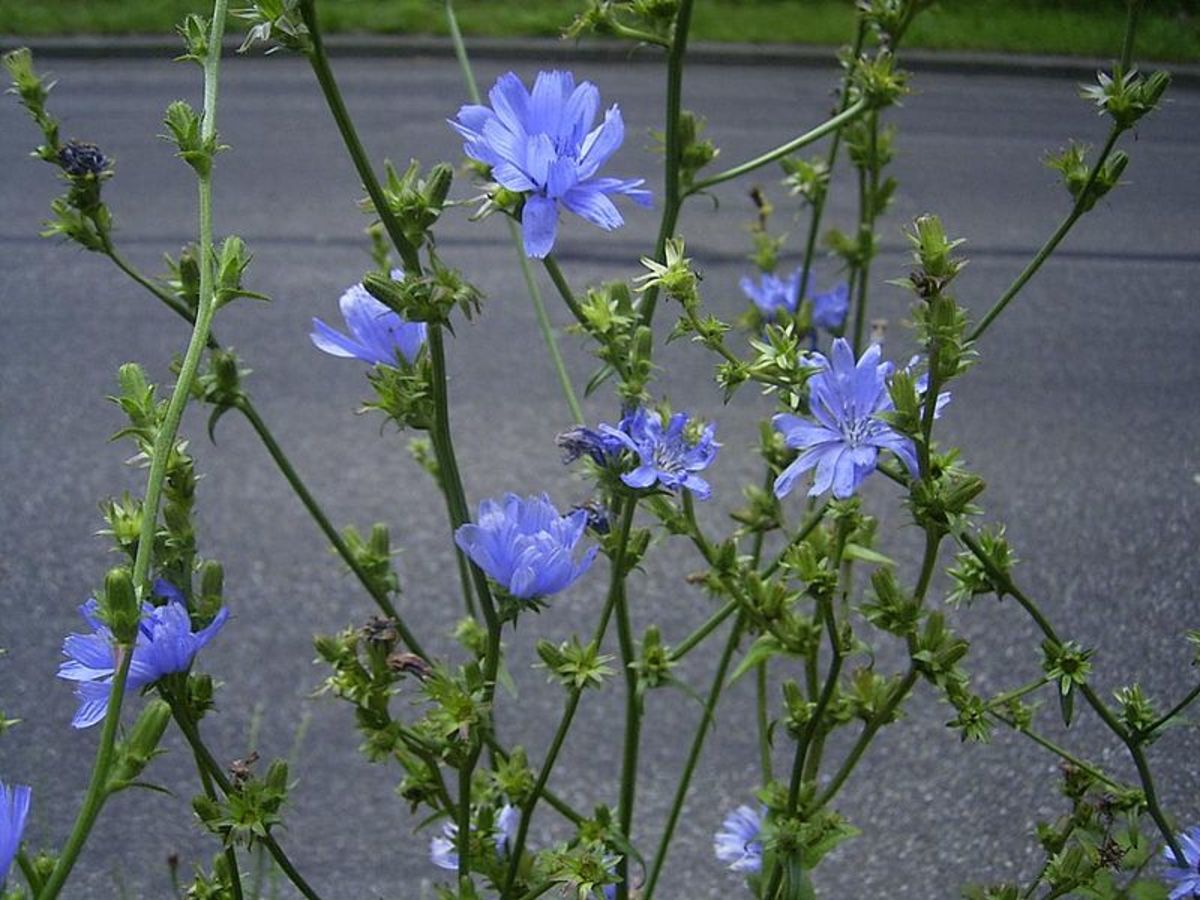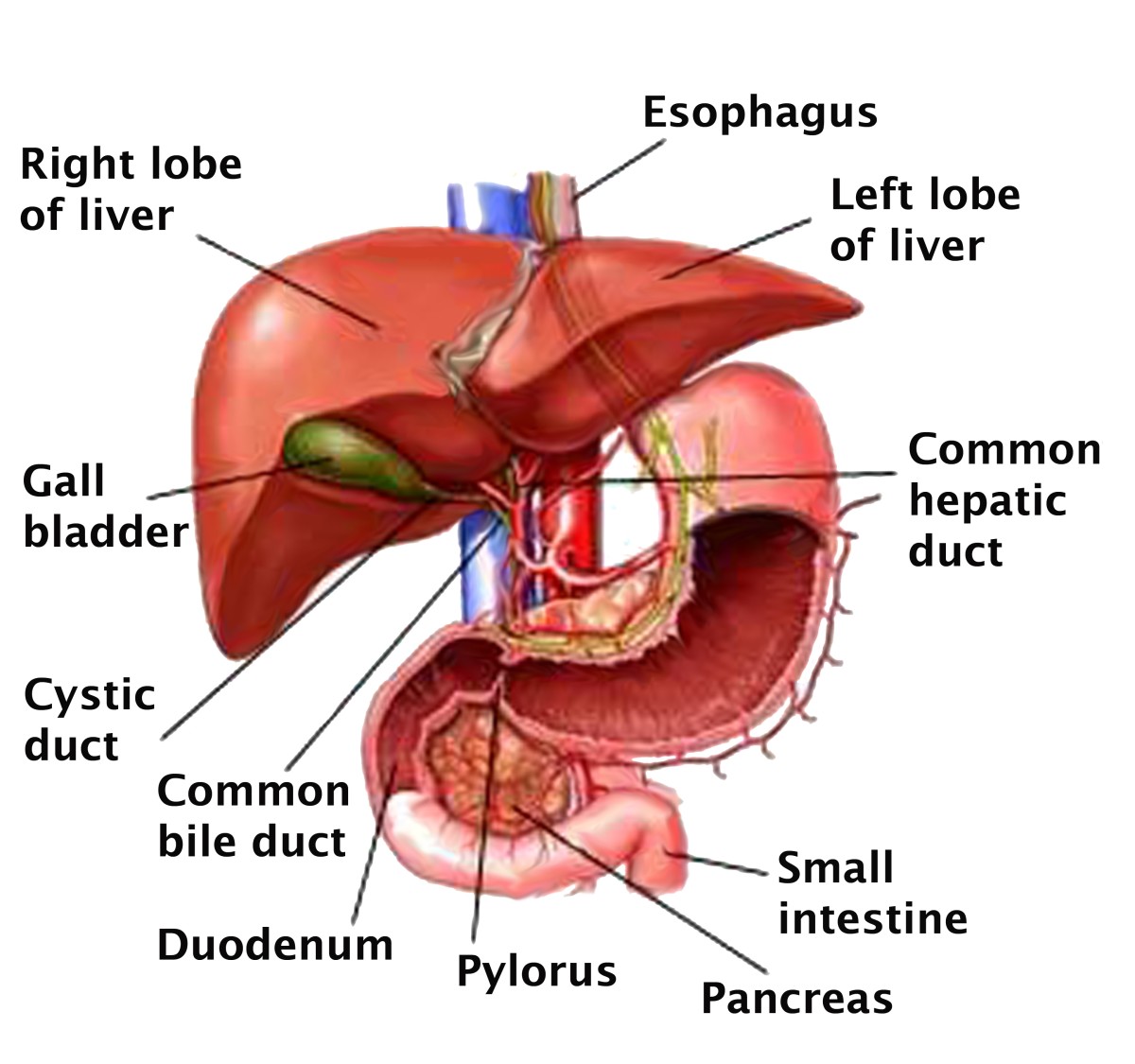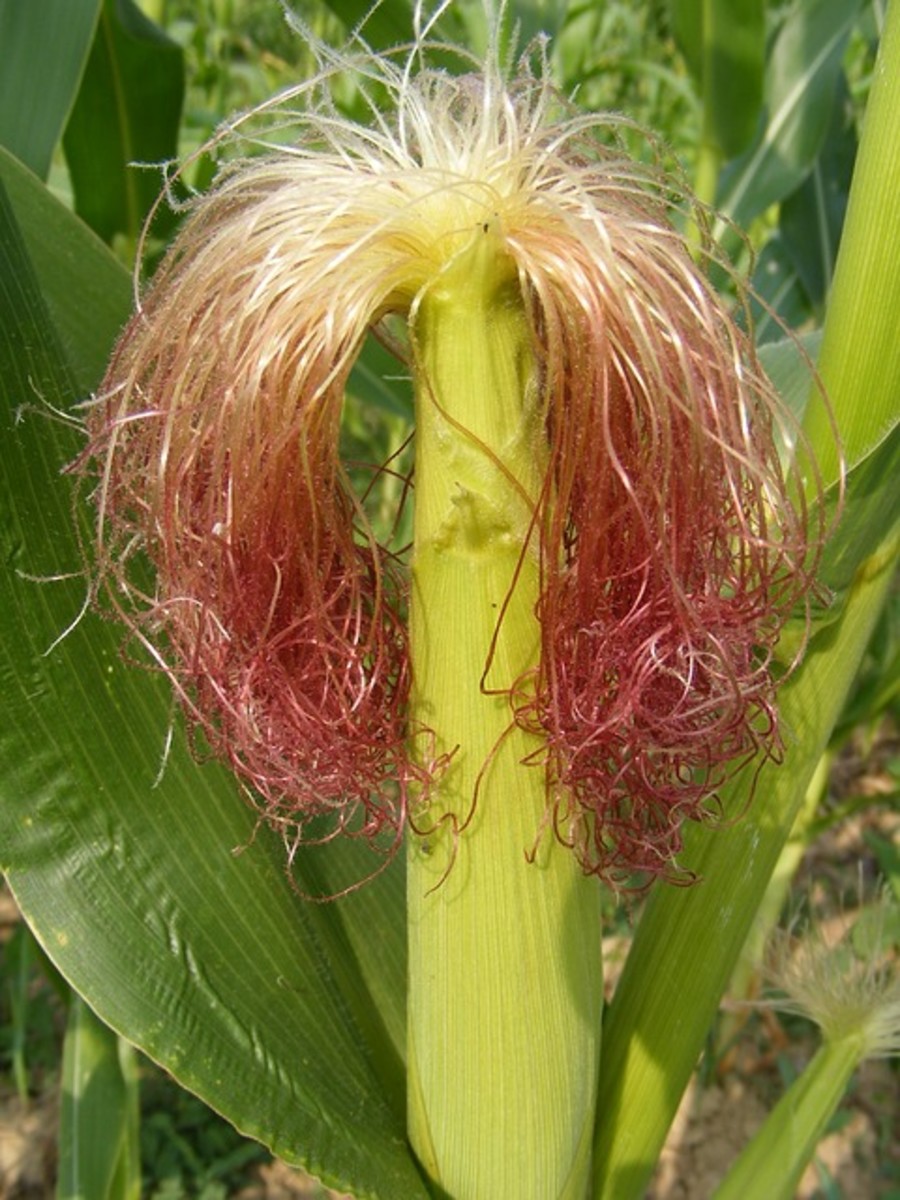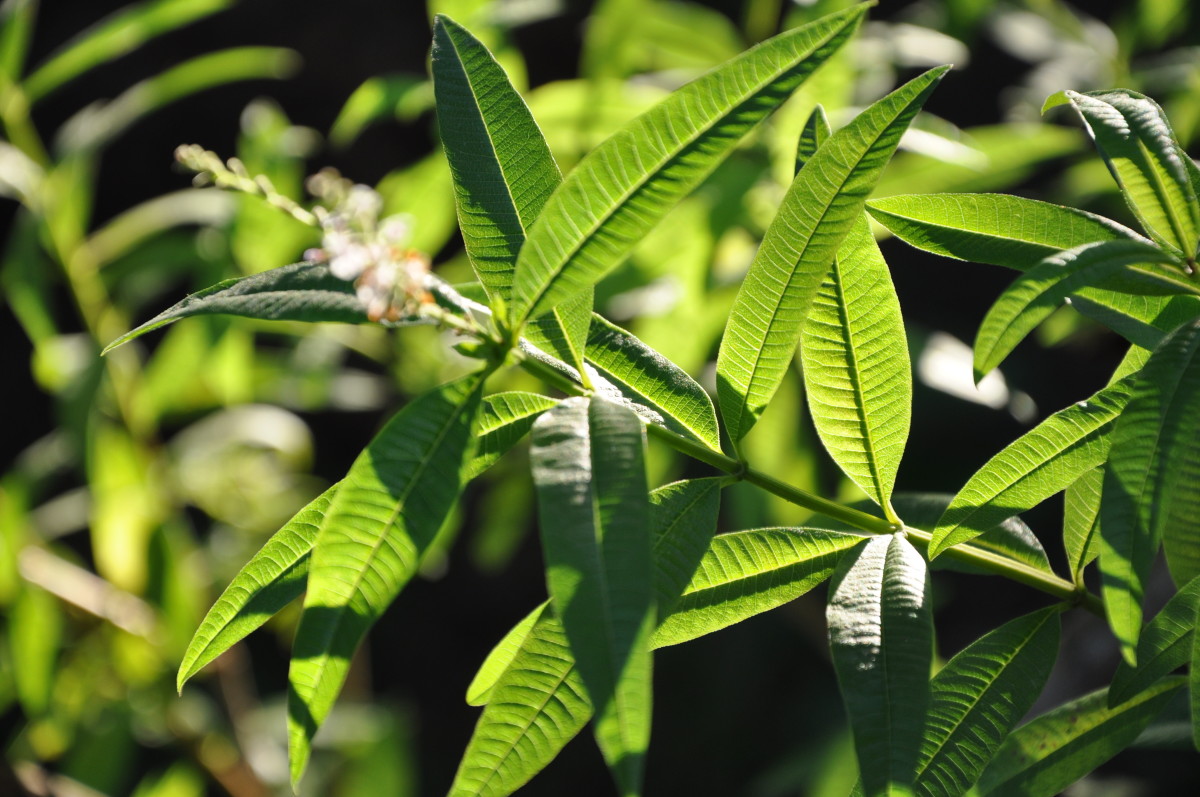Wonderful Weeds: Dandelion for food, health and beauty
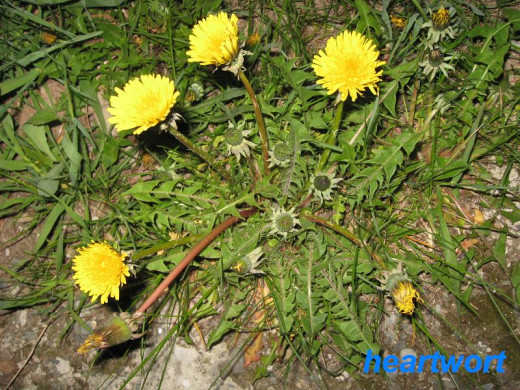
What's in a dandelion?
Dandelion is a bitter, cooling plant that stimulates digestion and provides a number of nutrients. The leaves are high in iron, potassium and other minerals as well as vitamins A, B, C and D. Both dandelion leaves and roots will stimulate the kidneys, liver and digestion. However, dandelion leaves are the more diuretic (makes you pee) part while dandelion roots promote liver cleansing and stimulate the digestion more. There are blood sugar lowering properties in leaves and roots.
The roots are highest in the liver stimulating bitter glycoside taraxacin in the spring and in the insoluble fiber inulin in the fall. Taraxacin is known for it's diuretic properties. Inulin is an excellent dietary fiber that acts as demulcent which soothes and protects the bowel lining and as a probiotic by providing an environment for a healthy flora to flourish. Roots harvested in spring have a greater effect on the kidneys whereas those harvested in fall have a greater effect on the liver and digestion. In general, the leaves have a greater effect on the kidneys while the roots have a greater effect on the liver and digestion.
A tea can easily be made with the leaves to help relieve occasional mild fluid retention. The roots need to be simmered 10 to 20 minutes to make a decoction for drinking.
The lion's tooth

What's in a name?
The christening "dandelion" comes from the French dent-de-lion, the lion's tooth. It was so named after the distinctive shape of the leaves.
The scientific name for dandelion is Taraxucum officinale. "Taraxucum" comes from the Greek words, taraxos, meaning disorder, and akos, meaning remedy. "Officinale" means it was included as an "official" medicinal. The United States National Formulary included dandelion up until 1965.
The English gave dandelions the nickname "Piss-in-Bed" for a reason! Not a bad thing, especially if you want to cleanse yourself but be sure to replace your fluids unless you tend to retain it.
One benefit the plant has over diuretic medicines that cause you to urinate out your stores of potassium and other minerals is that dandelion supplies those nutrients as you consume it. Mind you, if you are prescribed diuretics don't switch over to dandelion without an experienced health care provider monitoring the situation. And you might want to avoid dandelion tea before bed!
For Women
Dandelion is considered a minor galactogogue. It is used along with other herbs to stimulate milk production. It can also help remove some of the extra postpartum fluid that some new mothers retain.
In combination with Uva ursi, dandelion is used to prevent urinary tract infections.
Some women find it decreases their hot flashes during menopause.
Doctrine of Signatures
Dandelion is an example of how the Doctrine of Signatures is supposed to work. According to the Doctrine of Signatures plants will give clues to their usefulness by their physical characteristics. So, the yellow of dandelion's flower suggests that it is useful for the liver (think of liver's yellow bile) and its juiciness root suggests that it is useful for making urine. Studies suggest that dandelion does indeed stimulate bile flow from the liver. It's use as a diuretic is well established and it is often used to relieve swelling related to the menstrual cycle or heart failure. It is also used to reduce blood pressure.
Dandelion bud
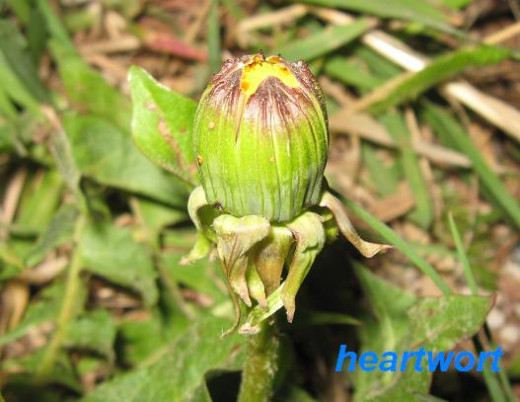
Dandelion Wine
Dandelion wine is made using sugar, yeast and a yeast nutrient. Using petals or flowers with the green removed yields a light wine. Citrus is typically added though other fruits, spices and honey can be used to add body.
In the kitchen
Gathered in spring, the leaves are a tasty green that provide a multitude of vitamins and minerals. They can be treated as any other greens (e.g. spinach or collards) though I prefer them lightly done in a pan with a bit of butter, a pinch of salt, and a splash of vinegar to cut the bitterness. A sweet bonus is to collect unopened blossoms along with the greens. These little buds add a delicacy to the dish that I liken to tender, young asparagus. The greens can also used in salads and soups.
The roots can also be cooked and eaten, much the way carrots are, though there needs to be a bit more dedication to dig and collect them. Best to do in the fall, when they are succulent with their minerals collected through the growing season. The dried, bitter root of dandelion is also an excellent coffee replacement. It can be cut and slow-roasted and then ground and brewed just like coffee. I suggest some chicory root to go with it, and if you like a bit of sweetness, some carob as well.
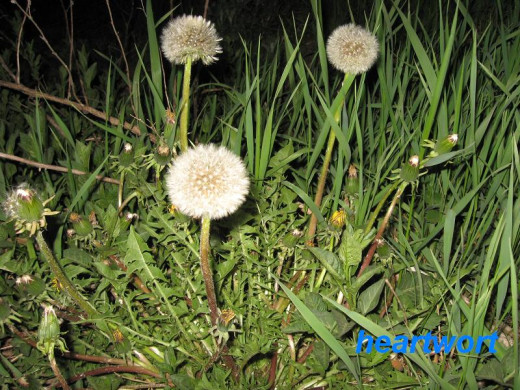
Dandelion "milk" for the skin
That sticky white sap that oozes from broken stems can be applied directly to skin blemishes. I've heard several older herbalists claim it removes age spots. My experience is with warts.
I remember when my son had some stubborn warts on his knee. Finally, I just applied dandelion sap to them for several days, letting it dry right on the warts, and... voila, in a couple of weeks they had disappeared after months of existence and proliferation!
Use dandelion sap to help with blemishes, skin discolorations, eczema and other rough, itchy areas. It also has strong anti-fungal properties that make it useful for athlete's foot.
Dandelion Oil
- Pick blooming dandelions, just the flowers. Better if they're are a little on the immature side than fully opened up. Leave them laying spread out for a night or two so they get a little wilt to them. Too much moisture does not make a good oil. If you pick them when they are towards the end of blooming they could progress to the fuzzy seeding stage in the couple of days they are lying around wilting.
- Put in a clean jar. The jar should be full of flowers.
- Fill with oil. Olive oil works well and lasts longer than most oils. I like a cold pressed safflower oil as it's a little lighter. Almond oil makes a lovely, light oil but is tough on the pocketbook.
- Push the flowers around with a tongue blade or handle of a wooden spoon. Tap the glass. Try to get all the air bubbles out and then top the jar off with oil.
- Cover with several layers of cheesecloth or other clean cotton and secure with a rubber band. I've also gone ahead and put the lid on the jar but you have to leave it loose.
- Set it outside in an area it won't be disturbed. You want your jar to get sunlight which will gently heat your oil, infusing the goodness of the dandelions into it.
- Leave for 2-4 weeks. Strain off the oil. A little cloudy sediment settling to the bottom of your oil is not unusual.
Use as massage oil for simple tension reduction and relaxation.
Massage into breasts to relieve premenstrual soreness.
Massage into tired and aching muscles and other tender spots.
Remember dandelion helps to move fluid? The massage oil is also good for stiff, swollen joints and puffy areas.
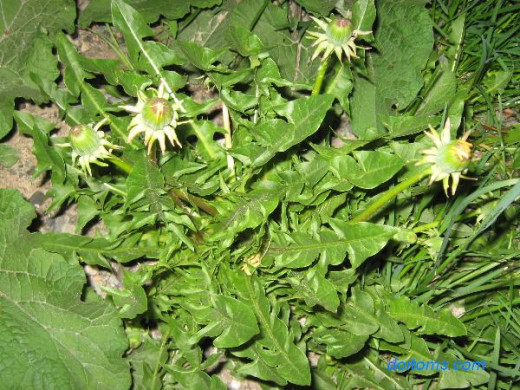
Dandelion in research
German Commission E has approved use of dandelion as a diuretic as well as for anorexia, dyspepsia, and biliary abnormalities.
A number of studies have been done on dandelion that demonstrate its potential use in medicine, however, like so many understudied herbs, more data is needed to validate what many folks already know through experience.
One study showed lower glucose, cholesterol and triglyceride levels in diabetic rats treated with dandelion water extract. While the blood sugar lowering effects of dandelion are not clearly understood there is potential use in those with high blood sugar. This study also showed increased antioxidant activity. (Cho et al. 2002. International Journal of Clinical Chemistry.)
Another study done by Canadian researchers showed dandelion root extract had a destructive affect on cancer cells in chronic myelomonocytic leukemia and shows potential as a non-toxic alternative to chemotherapy (Ovadje et al. 2012. PloS one). Another study has shown anti-tumor activity.
A study done in South Korea and published in the International Journal of Molecular Sciences showed dandelion root and leaf could have anti-oxidant effects that protect blood vessels against atherosclerosis.
In a Chinese study dandelion demonstrated activity against influenza viruses. (He W. et al. 2011. Virology Journal.)
While dandelion is no panacea evidence does back up traditional uses as well as point to other potential uses.
Warnings and Interactions
Dandelion can provide gentle and effective stimulation to the kidneys and liver. It's not toxic in moderate amounts. If you're a generally healthy individual it shouldn't cause you any problem. If you are already being treated for diabetes, gallbladder or liver disease, congestive heart failure or kidney disease, or any other serious disorder, best get some advice and knowledge, and be monitored for changes that may occur with regular use of dandelion.
Contraindications:
- Ragweed allergy. Folks who have a ragweed allergy are advised to stay away from dandelion as there may be some cross sensitivity. Reactions from dandelion are uncommon and come after topical exposure. Allergic reactions from taking dandelion internally are rare. Ironically, dandelion is used for eczema and other skin conditions often associated with allergies due to it's cleansing properties.
- Gallbladder infection, bile duct obstruction and bowel obstruction. Dandelion stimulates bile elimination and is used in the treatment of the gallbladder. It also has some laxative affect. While there is a potential for use in these conditions it should be done under the guidance of a professional.
Interactions:
- May decrease the effectiveness of a class of antibiotics called Quinolones that includes ciprofloxacin (Cipro) which is commonly used for urinary tract infections.
- Dandelion use may lead to increased lithium levels in those who take lithium.
- Using diuretics ("water pills") along with dandelion may increase the diuretic, or urine-producing effect as well as alter potassium levels. Dandelion is high in potassium. Some diuretics, like furosemide (Lasix), "waste" potassium as urine production is increased. Dandelion can replace some of this potassium but the increased urination may be too much with using both. On the other hand, potassium supplements are often prescribed along with potassium-wasting diuretics and the combination of supplement and dandelion could potentially lead to high potassium levels (as well as too much fluid loss). Other diuretics are potassium-sparing, such as spirinolactone (Aldactone). Using them in combination with dandelion could also potentially lead to high potassium levels and fluid deficit.
- The effects of some medications that are metabolized by the liver may be altered by the concurrent use of dandelion. Drugs that are metabolized by a process called glucuronidation, such as acetominophen, digoxin and estrogen, may be metabolized quicker and have less effect. Other drugs that are metabolized by an enzyme known as CYP1A2 (drugs known as CYP1A2 substrates) are broken down slower slower and thus have an increased effect. Drugs in this class include amitriptyline (Elavil), theophylline, and verapamil.
If you are taking medicines or have a condition requiring treatment:
- ask your pharmacist about the compatibility of your medicines with herbs
- tell your healthcare provider about herbs you are consuming regularly



